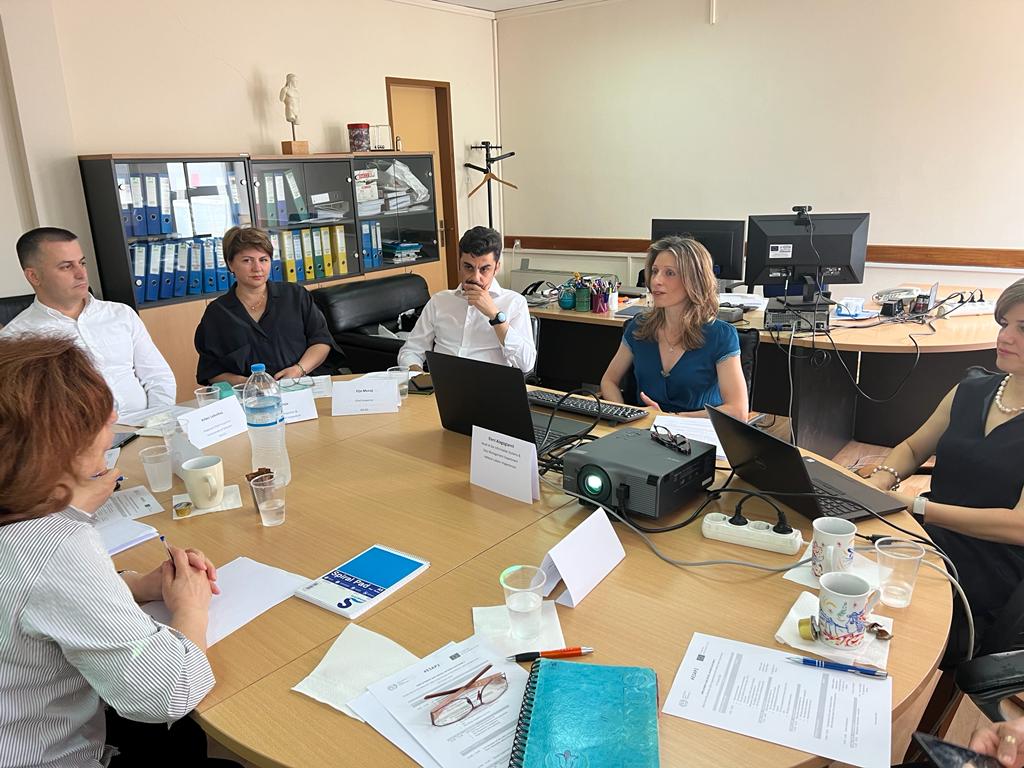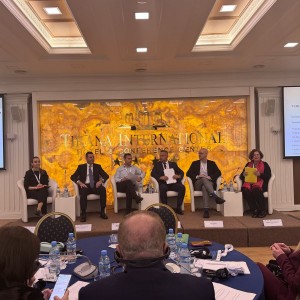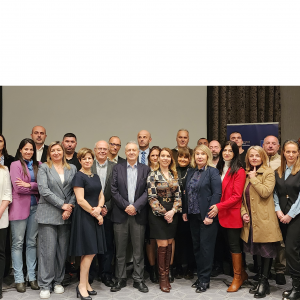News
09 August 2022 |News
ILO ESAP 2: Interview with Albana Kuka, from the State Labour Inspectorate and Social Services in Albania, on the value of study visits in exchanging experience and helping reduce undeclared work

Albana Kuka, Head of Risk Analysis Sector, State Labour Inspectorate and Social Services in Albania
As part of the Employment and Social Affairs Platform (ESAP) 2, the International Labour Organisation (ILO) organised a study visit of six high-level representatives of Albanian State Inspectorate of Labour and Social Services (ASLISS) to the Hellenic Labour Inspectorate (HLI) in Greece. The study visit took place between June 13 to 15, 2022.
During this visit representatives of ALISS and HLI exchanged information about their inspection protocols, information systems and good practices in reducing the informal employment and undeclared work. The Albanian visitors had an opportunity to learn about the Employment Information System (ERGANI) and the Hellenic Labour Inspectorate Integrated Information System (HLI-IIS), while Greek counterparts were introduced to the Albanian Labour Inspectorate Risk Analysis System.
Full agenda of the visit can be found here.
To find out what are some of the lessons from the study trip that will benefit participants in their future work, ILO spoke with Albana Kuka from State Labour Inspectorate and Social Services in Albania.
Can you please tell us few concrete take-aways from the visit to the Labour Inspectorate in Greece that are valuable for you and your institution?
One of the most important information exchanged during the study visit was the operational structure of the HLI, particularly two units in the headquarters: the Risk Analysis structure and the Operational Office of Inspectors which includes the most experienced inspectors were of particular interest. The HLI Risk Analysis Unit is highly developed and has a strong influence on the inspection panning. In Albania, a Risk Analysis Unit (RAU) has been established within State Labour Inspectorate and Social Services only recently, thus information about authority, capacity and functions of the HLI RAU was very valuable.
The use of computer tools, especially the ERGANI system, accessible by all inspection bodies, supports planning inspections based on risk assessment. This tool is incredibly helpful for the identification and reduction of informality in the labour market.
The inspection approach utilized by the HLI has commonalities with the one we use in Albania. However, in addition to the online site, the HLI inspection process was also evidenced through printed documents. The business seal on the inspection document was a novelty to us and its adoption can prove useful in Albania.
In contrast to the labour inspection in Albania, the labour inspectors were divided into two areas: labour relations, and the inspection area for safety and health at work and the inspections were carried out independently of each other. In Albania, inspectors are qualified and perform inspection actions within the inspection process both for issues of labour relations and issues of safety and health at work.

 Participants of the study visit
Participants of the study visit
How will you incorporate these take-aways into your work?
In Greece, businesses must declare the working hours of each employee. They enter this information into the ERGANI system. In Albania, businesses do not have such an obligation, thus making identification of undeclared work more difficult. In this context, the Labour Inspectorate in Albania could propose legal changes to introduce mandatory reporting of working hours of employees. Given the nature of such a change, involvement of the Ministry of Finance and Economy, as well as other dependent bodies such as the General Directorate of Taxes and the National Business Registration Center must work together.
We believe that this system can have a direct positive impact on reducing informal employment, and on conducting efficient and risk-based inspections.
Have you participated in any other activities organised by the ILO in the past? If yes, what was your experience and how it added value to your work so far?
The Albanian Labour Inspectorate worked together with and participated continuously in events organized by the ILO. Our shared history traces back to 1994. The Labour Inspectorate in Albania was created through an ILO project and with the support of the French Labour Inspectorate. As part of this project, The ILO supported legal changes in the Labour Code, development of the Standards Operating Procedures including inspections protocols and procedures, as well as the training of the first labour inspectors.
As part of these occasional trainings, I would highlight the experience gained in Bordeaux, France, within the framework of the ratification of convention 129, on inspection in agriculture, forestry and fishing. This was particularly important given that agricultural and hotel and tourism activities have changed significantly in the recent decades. Both these activities carry problematic elements of labour relations issues, such as long working hours, undeclared full and part-time work, unpaid overtime work, shift work, absence of weekly rest days, undeclared seasonal work etc., which we think need a special attention. Thus, a good inspector trained in identifying and documenting violations of the labour rights and standards of is crucial for good results.
In the framework of the ESAP 2 project, the ILO is currently supporting ASLISS to increase its effectiveness in uncovering undeclared work and transform it into a declared one through the development of a data mining risk assessment system (RAS). ASLISS and the ILO are currently working hard in upgrading the online awareness platform developed by ASLISS which will serve as a basis for the above-mentioned risk assessment system.
These instruments, based on self-declaration and inspection data, will identify companies to be inspected based on their probability of engaging in informal employment, undeclared or under-declared work and high likelihood of unsafe practices related to Safety and Health at Work.
I think that the use of self-declaration systems of economic entities (such as in ERGANI), risk analysis with its elements, a good inspection planning, well-trained inspectors and that would lead to increased effectiveness of inspection and promote a safe and healthy working relationships at the workplace.
-
Employment and Social Affairs Platform (ESAP) 2 is financed by the European Union and implemented by the ILO.





